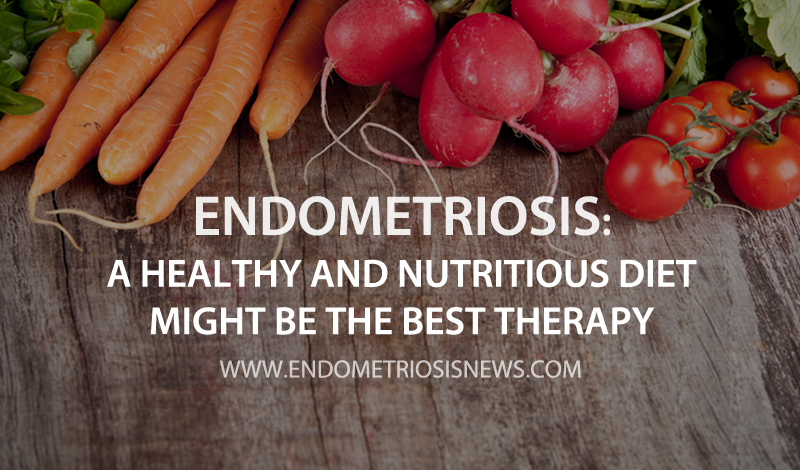The human body is metabolically programmed for life as an active hunter-gatherer, but contemporary dietary habits are notably low in nutrition and high on energy — further hampered by largely sedentary lifestyles and environmental toxins. This dietary imbalance exposes the body to oxidative stress and likely contributes to the onset or worsening of diseases such as endometriosis, according to a review study “Nutritional aspects related to endometriosis,” published in the journal Revista da Associação Médica Brasileira.
Endometriosis, in turn, has been connected to problems which include miscarriages, premature menopause, and infertility.
The first scientific research that addressed the dietary aspect of endometriosis was published in 2004, by Parazzini et al., and showed that a high weekly intake of fruits and vegetables was inversely associated with the risk of developing the disease.

